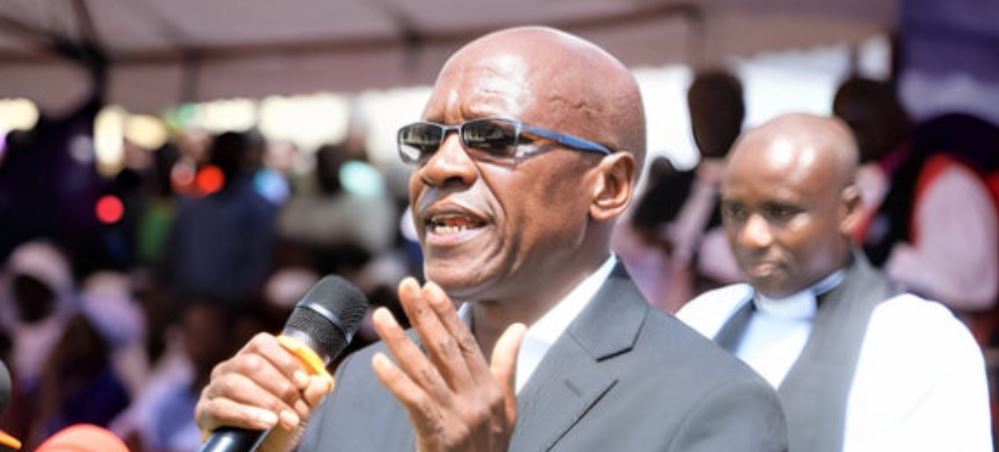 The Kenya Informal Settlement Improvement Project (KISIP) and the Nakuru County Government are working on a system to provide over 500,000 residents of Naivasha with fluoride-free drinking water.
The Kenya Informal Settlement Improvement Project (KISIP) and the Nakuru County Government are working on a system to provide over 500,000 residents of Naivasha with fluoride-free drinking water.
Governor Susan Kihika announced the upcoming launch of a multi-billion water reticulation and defluoridation project in the coming weeks. The project will involve installing 7.8 kilometers of piping, backfilling, and field coating from Naivasha Law Courts to Karagita low-income settlements.
Kihika emphasized that residents, particularly in Longonot and Maai Mahiu areas within the Sub-county, were at a high risk of suffering from dental fluorosis and crippling skeletal deformities due to overreliance on underground water sources.
The State Department of Housing and Urban Development has allocated Kes.1 billion for the upgrade of informal settlements in Nakuru, as part of the Second Phase of the Kenya Informal Settlement Improvement Programme II (KISIP).
Under this World Bank-funded program, the State has provided the County Government of Nakuru with Kes.1 billion for ongoing projects aimed at enhancing access to basic services in low-income settlements, including Karagita slums in Naivasha and Kwa-Murogi, London, and Lake View within Nakuru Town.
Governor Kihika announced plans to increase the number of alternative fluoride-free water sources in the devolved unit. She noted the high concentrations of fluoride in the county’s boreholes, sometimes exceeding the 1.5 milligrams per liter limit set by the World Health Organization (WHO).
“Residents of Naivasha will for the first time enjoy piped fluoride-free water from Malewa River. In the meantime, our experts have been working round the clock in all the 11 Sub-counties to identify fluoride-free areas that will see more boreholes established, to help meet rising water demand,” said the county boss.
KISIP II is housed within the State Department for Housing and Urban Development and is implemented through participating county governments.
The funding, totaling $150 million (approximately Kes.24.1 billion) from the World Bank and 43 million Euros (approximately Kes.7.6 billion) from the French Development Agency, is designated to address infrastructure, water, lighting, and social inclusion in 33 counties.








